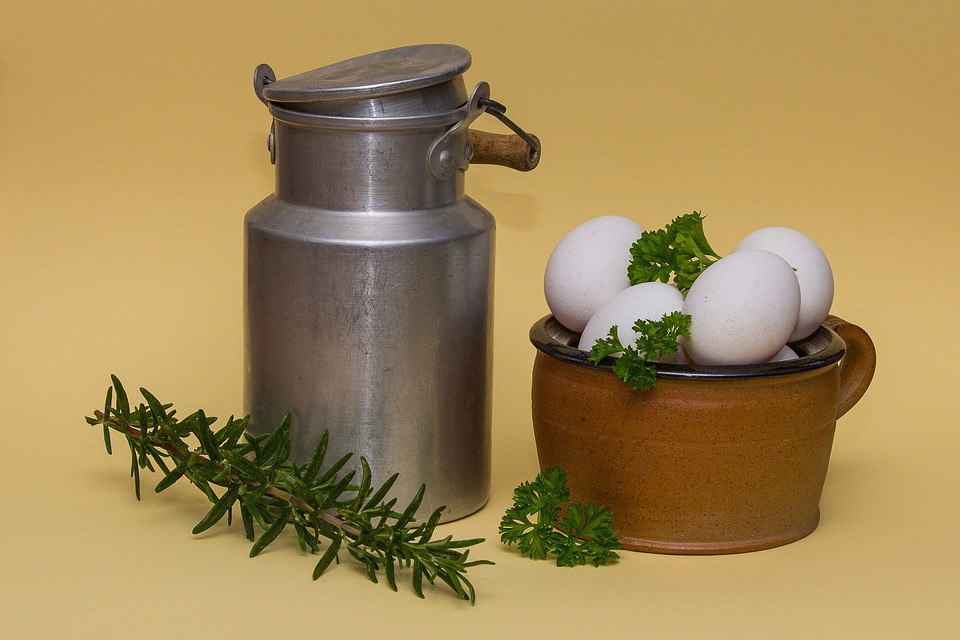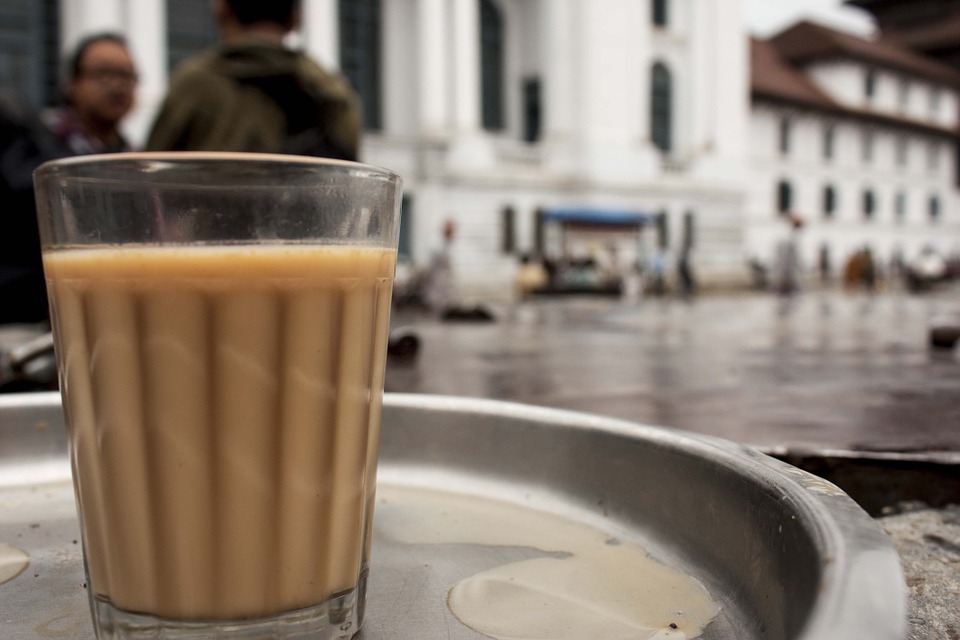The age-old question of whether cats can drink milk continues to perplex cat owners. While the image of a cat lapping up a bowl of milk is charming, the reality is more complex. This article explores the reasons why milk might not be the best choice for our feline companions, delving into the potential risks and benefits associated with its consumption. We'll examine the science behind feline digestion, the various types of milk, and their suitability for cats, shedding light on lactose intolerance and its impact on their well-being. Whether you're a seasoned cat owner or a curious newbie, this comprehensive guide will provide valuable insights into the complexities of feline milk consumption.
Part 1: The Feline Digestive System and Lactose Intolerance

1.1: Understanding Lactose and Lactase
Lactose, the sugar found in milk, requires the enzyme lactase for digestion. While kittens are born with ample lactase production, allowing them to digest their mother's milk, this ability diminishes significantly after weaning. As a result, most adult cats are lactose intolerant, meaning their bodies lack sufficient lactase to break down lactose efficiently.
1.2: The Impact of Lactose Intolerance on Cats
When undigested lactose reaches the large intestine, it ferments and produces gases, leading to the familiar symptoms of lactose intolerance – diarrhoea, gas, bloating, and stomach upset. These symptoms can vary in severity depending on the individual cat's tolerance level.
1.3: The Role of Gut Bacteria
The breakdown of lactose by gut bacteria further contributes to digestive discomfort. As bacteria feast on lactose, they release gas, exacerbating bloating and discomfort. This process can also disrupt the delicate balance of the gut microbiome, impacting overall digestive health.
Part 2: The Potential Risks of Milk Consumption for Cats

2.1: Digestive Discomfort and Diarrhoea:
Lactose intolerance can lead to severe diarrhoea in cats, potentially causing dehydration and electrolyte imbalances. Diarrhoea can be particularly detrimental to kittens, who are more susceptible to dehydration. Persistent diarrhoea weakens the immune system, making cats more vulnerable to infections. In severe cases, veterinary intervention may be necessary to rehydrate the cat and restore electrolyte balance.
2.2: Gastrointestinal Upset and Pain
Beyond diarrhoea, milk can cause bloating, gas, and abdominal pain in cats, leading to discomfort and restlessness. Cats might exhibit signs like vomiting, lethargy, and loss of appetite, indicating digestive distress. It's crucial to monitor your cat for these symptoms and seek veterinary advice if they persist.
2.3: Nutritional Deficiencies
While milk might seem like a tasty treat, it lacks essential nutrients crucial for cats' health, such as taurine and arachidonic acid. Taurine is vital for vision, heart function, and overall growth, while arachidonic acid is essential for healthy skin and fur. Excessive milk consumption can displace these vital nutrients from a cat's regular diet, leading to deficiencies and potential health complications.
2.4: Weight Gain and Obesity
Milk is relatively high in calories and fat, contributing to weight gain if consumed in excess. Obesity in cats is linked to a range of health problems, including diabetes, arthritis, and heart disease. Maintaining a healthy weight is essential for your cat's longevity and well-being.
Part 3: Examining the Types of Milk and Their Suitability for Cats
3.1: Cow's Milk: A Common Misconception
Cow's milk is often seen as a harmless treat for cats, but it is one of the worst choices due to its high lactose content and potential for digestive upset. The high fat content can exacerbate digestive problems and contribute to weight gain. While some cats might tolerate a small amount of cow's milk without apparent issues, it's generally best to avoid it altogether.
3.2: Goat's Milk: A Potentially More Tolerable Option
Goat's milk contains less lactose than cow's milk, potentially making it more digestible for some cats. However, it still contains lactose and can cause digestive issues in cats prone to intolerance. The fat content in goat's milk is also relatively high, so it's not a suitable long-term alternative for regular cat milk.
3.3: Lactose-Free Milk: A Deceptive Solution
Lactose-free milk might seem like a viable alternative for cats, as it lacks the lactose that triggers digestive issues. However, the processing involved in making lactose-free milk often removes essential nutrients vital for cats. While it may be a better choice than cow's or goat's milk, it's still not a complete nutritional source for cats.
3.4: Cat Milk Alternatives: A Safer Choice
Commercially available cat milk alternatives are designed specifically for kittens or adult cats and are formulated with essential nutrients like taurine and arachidonic acid, making them a healthier choice than cow's milk. These formulas are available in various forms, including powdered milk, liquid milk, and even yogurt-like products. When choosing a cat milk alternative, opt for reputable brands and consult with your veterinarian to ensure it meets your cat's specific needs.
Part 4: The Benefits of Milk for Kittens
4.1: Mother's Milk: The Ultimate Nourishment
Mother's milk is the ideal food for kittens, providing essential nutrients and antibodies crucial for their growth and development. These antibodies transfer passive immunity, protecting kittens from infections during their vulnerable early stages.
4.2: Kitten Milk Formulas: Filling the Gap
Kitten milk formulas are designed to mimic the composition of mother's milk, providing a balanced nutritional source for kittens orphaned or unable to nurse. These formulas are fortified with essential nutrients and antibodies, ensuring proper growth and development in kittens who may not have access to their mother's milk.
Part 5: When to Consider Milk for Your Cat
5.1: Evaluating Your Cat's Individual Needs
Every cat is unique, and their tolerance to lactose can vary significantly. Factors like age, breed, and overall health can influence their ability to digest milk. Observing your cat's reaction to milk is crucial. Pay close attention to any signs of discomfort or digestive upset, such as diarrhoea, bloating, gas, or vomiting.
5.2: Consulting with Your Veterinarian
A veterinarian can assess your cat's individual needs and offer guidance on appropriate milk consumption. They can advise on the type of milk, frequency, and quantity, ensuring it aligns with your cat's health and diet. Their expertise will help you make informed decisions about your cat's dietary choices.
5.3: Prioritising a Balanced Diet
Milk should never replace a balanced diet designed for cats. A complete and balanced diet should meet all their nutritional needs and support their overall health. Consult a veterinarian for recommendations on appropriate commercial cat food or homemade diets.
Part 6: Addressing Common Concerns: FAQs
6.1: Can Kittens Drink Milk?
Kittens require mother's milk or specially formulated kitten milk replacements for proper growth and development. Cow's milk is not recommended for kittens due to its high lactose content and nutritional deficiencies. Kitten milk formulas provide the essential nutrients and antibodies necessary for healthy growth.
6.2: What Happens if a Cat Drinks Milk?
If a cat drinks milk, they may experience digestive discomfort like diarrhoea, gas, bloating, and stomach upset. The severity of symptoms varies depending on their individual tolerance to lactose. It's essential to monitor your cat for any signs of distress and consult a veterinarian if necessary.
6.3: Can Cats Drink Lactose-Free Milk?
Lactose-free milk may appear suitable, but it's crucial to consider the potential nutrient loss during processing. Consult a veterinarian to determine if lactose-free milk is appropriate for your cat. Always prioritize a balanced diet rich in essential nutrients for your cat's health.
6.4: What Milk is Best for Cats?
There is no "best" milk for cats, as their individual tolerance to lactose varies. Generally, avoid cow's milk and opt for commercially available cat milk alternatives designed for kittens or adults. Consult your veterinarian for recommendations on suitable milk options and ensure they meet your cat's nutritional needs.
6.5: Can Cats Drink Almond Milk or Other Plant-Based Milks?
Almond milk and other plant-based milks are not suitable milk alternatives for cats due to their low nutritional value and lack of essential nutrients. It's crucial to provide cats with a complete and balanced diet specifically designed for their needs. Consult a veterinarian for recommendations on appropriate food and milk alternatives for your cat.
6.6: What are the Signs of Lactose Intolerance in Cats?
Signs of lactose intolerance in cats include diarrhoea, gas, bloating, stomach upset, vomiting, lethargy, and loss of appetite. If you observe any of these symptoms after your cat consumes milk, it's important to stop giving them milk and consult with a veterinarian.
6.7: Are There Any Cats Who Can Tolerate Milk?
While most cats are lactose intolerant, there may be a few individuals who can tolerate small amounts of milk without experiencing digestive distress. However, it's important to note that even if a cat appears to tolerate milk, it doesn't mean it's a healthy choice for them. A balanced diet is always the best way to ensure your cat's overall well-being.
Everyone is watching

Are Cat Ribs Flexible? Understanding Their Anatomy
CATS & KITTENSThis article delves into the fascinating world of feline anatomy, exploring the flexibility of cat ribs and ho...

Can Cats Eat Bananas? (Everything You Need to Know)
CATS & KITTENSThis article dives into the intriguing question of whether cats can safely enjoy the sweet, yellow fruit, bana...

Cat Lifespan: How Long Do Cats Live?
CATS & KITTENSThis comprehensive guide explores the factors influencing the lifespan of our feline companions, providing ins...

Can Cats Get COVID-19? What You Need to Know
CATS & KITTENSThis article will delve into the fascinating world of feline COVID-19 susceptibility. We'll explore whether ca...

Can Cats Eat Eggs? A Complete Guide to Egg Safety for Your Feline Friend
CATS & KITTENSWhen it comes to treating our furry companions, we all want to ensure we're doing what's best for them. Eggs...
